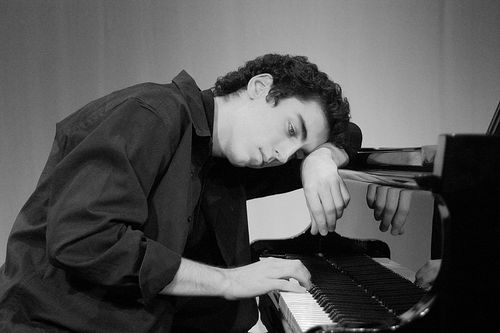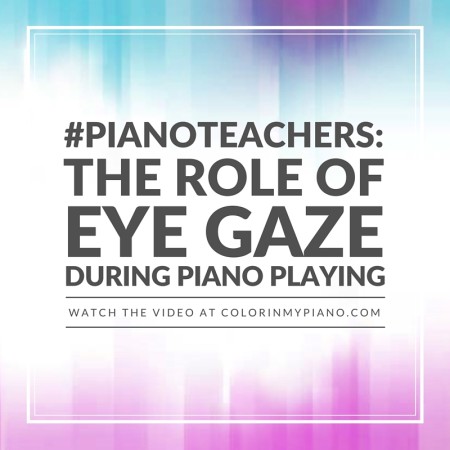 Greetings! During today’s live broadcast via Periscope, we discussed the role of the direction of our gaze during piano playing, and what strategies we can use with our students to help them use their eyes to become better sight-readers, memorizers, and more. Please enjoy watching the video conversation below.
Greetings! During today’s live broadcast via Periscope, we discussed the role of the direction of our gaze during piano playing, and what strategies we can use with our students to help them use their eyes to become better sight-readers, memorizers, and more. Please enjoy watching the video conversation below.
By the way, there was a bit of a tech fluke today: Periscope was showing that there were zero live viewers and did not show any of your comments — so I didn’t ask some of the interactive questions I was hoping to ask during the talk! I apologize to those watching live from Periscope today for not being very interactive and for not responding to your comments. Hopefully, this won’t be an issue again. 🙂
All past broadcasts are here: ColorInMyPiano.com/live/. To watch future broadcasts live, download the free Periscope app (for iOS or Android), search for @joymorinpiano, and hop online on Mondays at noon Eastern time. Hope to see you next time!
Do you have suggestions about what we could discuss in future Periscopes? Please submit your ideas by clicking here. I appreciate your input!


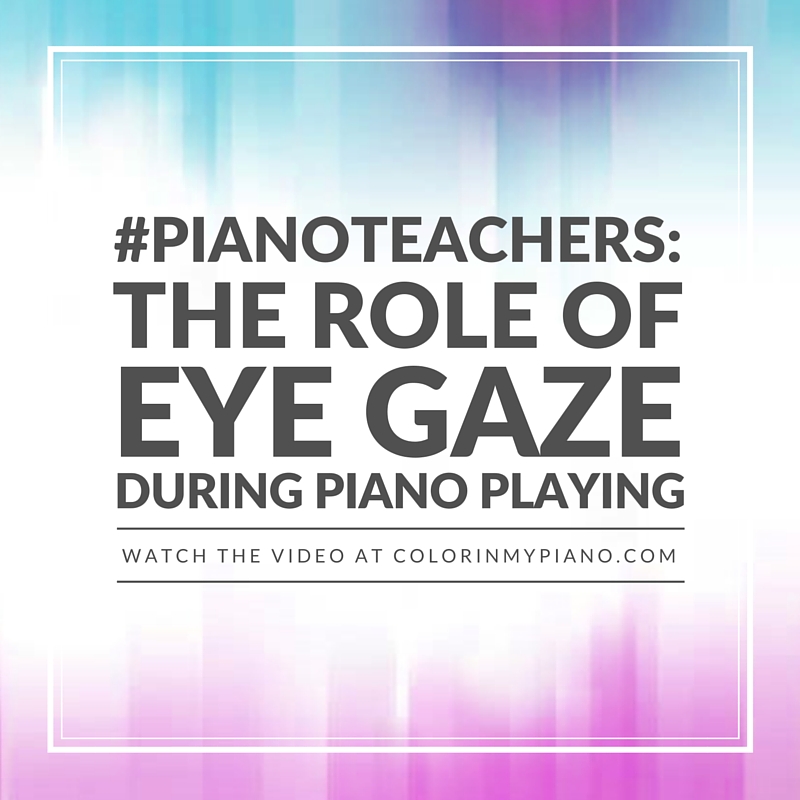
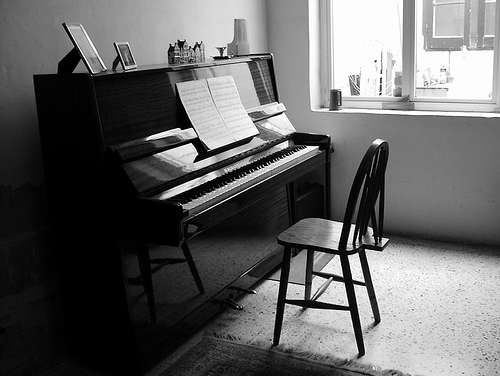
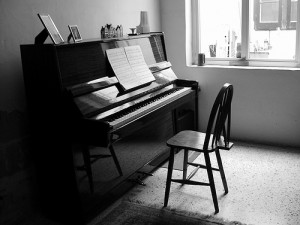 I’ve blogged before about
I’ve blogged before about 